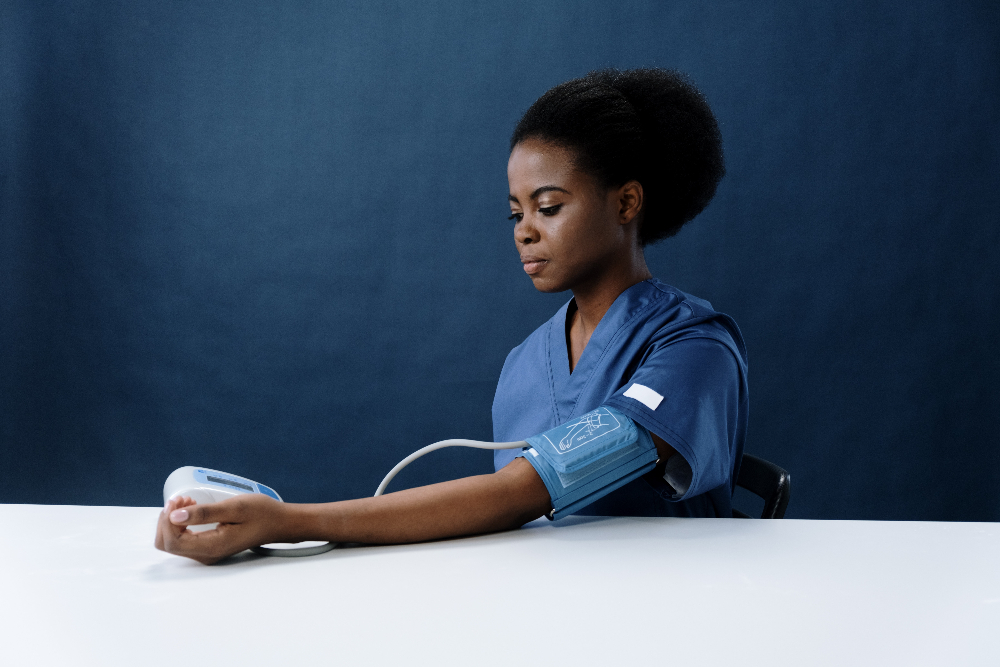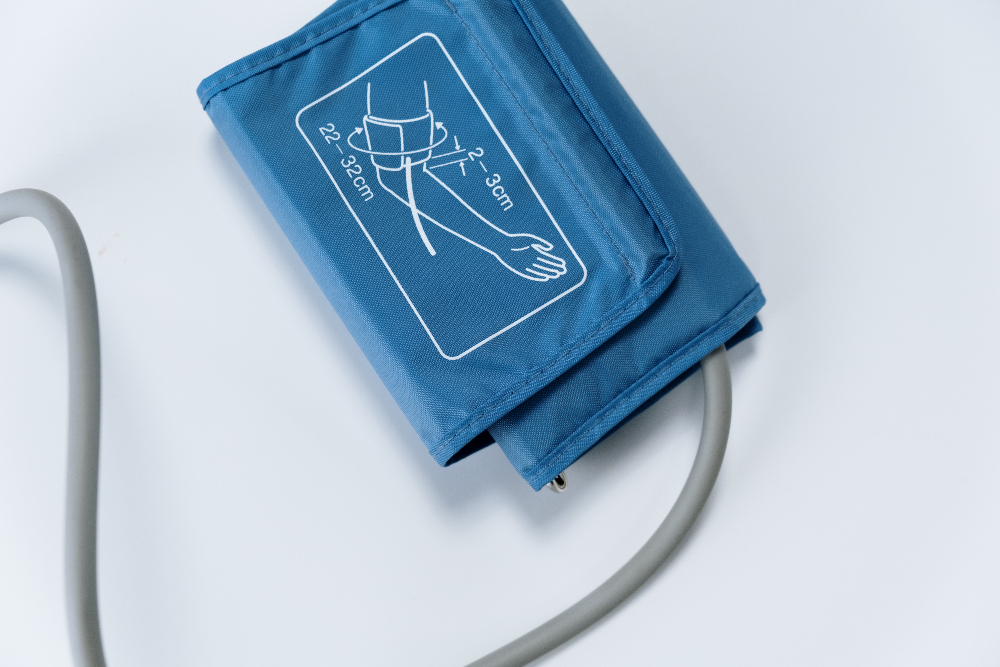Abnormal blood pressure readings may be associated with poor mental health.
When blood pressure is too high or dips too low, it can lead to serious health problems. Keeping blood pressure regulated is essential for maintaining health and well-being, and this is why it’s almost always checked when a person visits their doctor. There are two types of blood pressure readings. The systolic pressure is the number associated with the heart contracting, while the diastolic pressure measures when it’s at rest. When a blood pressure reading is consistently high, this can be especially life-threatening. High blood pressure increases the risk for stroke, vision loss, and heart failure. Now, a new study published in General Psychiatry is suggesting that diastolic blood pressure may negative impact mental health, leading to neurosis. Individuals who are neurotic tend to struggle with high anxiety and mood disorders including depression.
David Tzall, Psy.D., a licensed psychologist discussed the neurotic personality type, explaining, “Neuroticism covers many different parts of a personality, and it does not necessarily encompass one thing. Those with higher scores of neuroticism are likely to be more sensitive to their emotions or situations, worry a disproportionate amount to a situation, and have high rates of anxiety. While some people may view neuroticism as negative, it is neither good nor bad. Neuroticism has many adaptive qualities and can be of great use to someone. It is viewed with a negative perception, but this is not accurate.”
Neurosis itself is not a diagnosable mental health disorder in the Diagnostic Manual of Mental Health Disorders, fifth edition (DSM-5). However, neurosis can lead to other diagnosable conditions.including the anxiety and depressive disordered mentioned as well as schizophrenia.

For the current study, the team wanted to see if there was a relationship between systolic blood pressure, diastolic blood pressure, pulse pressure, and hypertension and anxiety, depression, neuroticism, and (subjective) well-being. They used Mendelian, which takes a look at genes to determine whether certain factors contribute to certain genetic outcomes.
The results of the research indicated that “diastolic blood pressure has a genetic causal effect” on neurosis, according to their paper. The team notes further that “appropriate management of [blood pressure] may reduce neuroticism, neuroticism-inducing mood disorders, and cardiovascular diseases.”
Dr. Melody Hermel, a cardiologist with United Medical Doctors in Southern California, said, “Prior studies have noted an association between anxiety disorders and hypertension. The strengths of this trial include the use of GWAS [Genome-wide association studies] datasets with large sample sizes. In general, the association between DBP [diastolic blood pressure] and neuroticism aligns with our understanding of the deleterious effects of stress on the body.”
This study demonstrates the need for more research into the relationship between mental health, emotions, and blood pressure.
Dr. Hermel commented on the limitations, however, stating, “The specific causal relationship between DBP [diastolic blood pressure] and neuroticism is a bit difficult to tease out. As the authors note, neuroticism is a complex trait, and studying it independently from anxiety and depression may produce bias. In the era of machine learning, one might consider an advanced analysis clustering features of anxiety-based disorders to better understand their relationship with hypertension.”
This study adds to a growing body of evidence that controlling blood pressure is necessary for maintaining mental, as well as physical, health.
“Managing blood pressure requires a multifaceted approach that combines adequate monitoring, lifestyle changes, and sometimes medications,” said Dr. Jim Liu, a cardiologist at The Ohio State University Wexner Medical Center. “If blood pressure is high, lifestyle measures are usually recommended, such as weight loss, adhering to a low sodium diet, and exercising. If blood pressure medications are necessary, it’s important to take these as instructed and to maintain regular follow-up with healthcare [professionals].”
Sources:
High blood pressure: Study finds ‘causal effect’ on neurotic personality traits


Join the conversation!